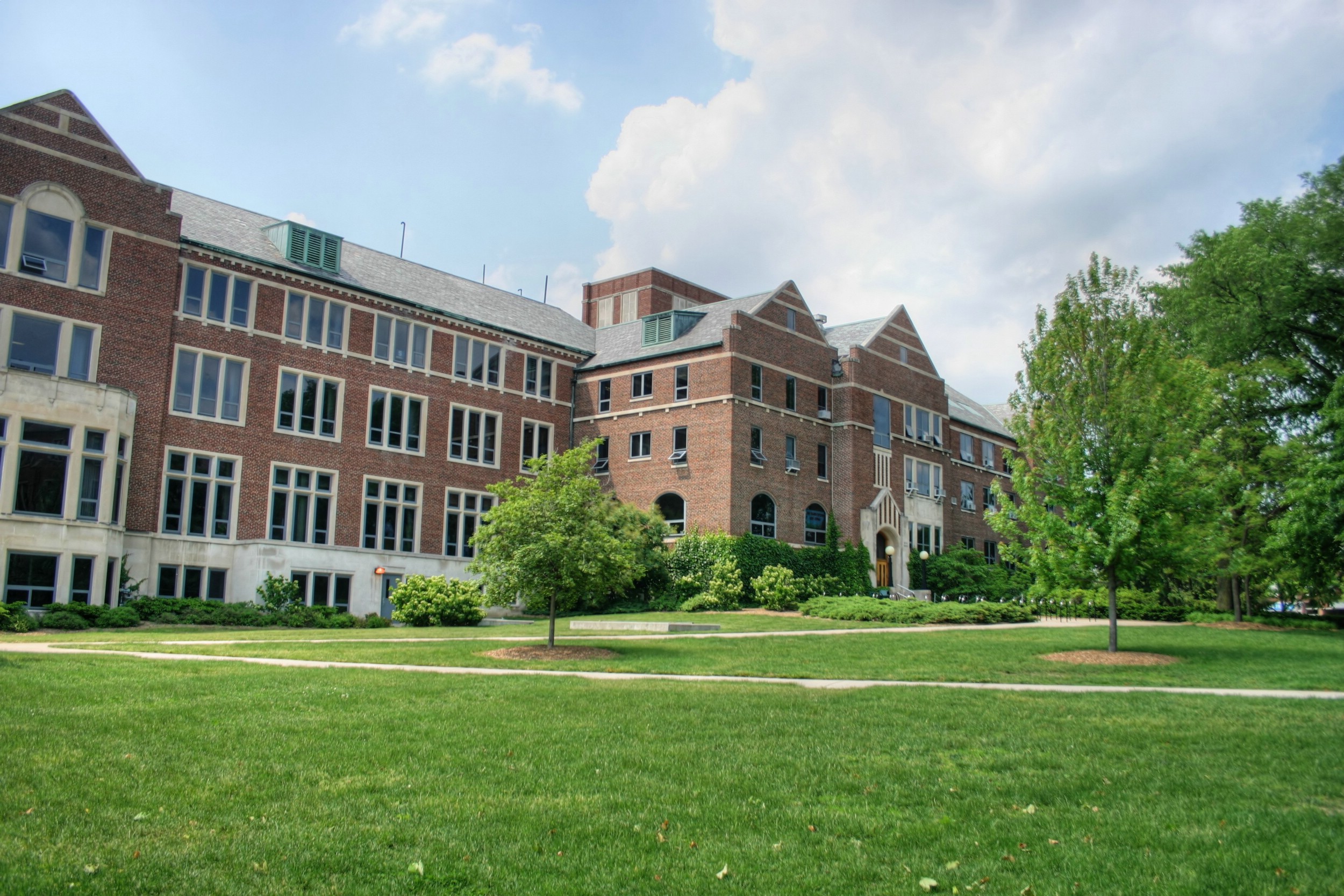As the recent sex abuse trial of former United States Gymnastics physician Larry Nassar unfolded, it became apparent that there existed for years a widespread web of enablers, cover-ups, and institutional failures that allowed Nassar to continue abusing his victims under the guise of medical treatment for decades. The failure to stop Nassar, who was sentenced to 175 years in prison on top of a 60-year sentence for possessing child pornography, also falls on the shoulders of many at Michigan State University, where Nassar worked as an athletic trainer starting in 1997.
If it weren’t bad enough that MSU continued to employ Nassar years after numerous credible allegations were brought against him, a February 1 ESPN Outside the Lines report put into perspective just how deep the problems at the school go. Nassar was merely a piece in a complicated and disturbing puzzle. The report detailed dozens of different sexual assault allegations over the past decade against MSU athletes, primarily from the school’s highly successful football and men’s basketball teams. In several of these instances, it was found that the athletic department or even the coaches had the sole authority to investigate the allegations. Unsurprisingly, these cases were kept silent and resulted in little to no disciplinary action against the alleged perpetrators.
These cases, hand-picked by the athletic department, were taken out of the jurisdiction of MSU’s Title IX office. Title IX is the federal statute mandating gender equality in education, but only since a 2011 directive from the Department of Education did it mean that universities were responsible for investigating and adjudicating sexual assault cases involving students. Since then, universities have faced hundreds of lawsuits from students, both accusers and the accused, who claim that the Title IX process was generally unfair, unjust, and inadequate. Those critical of the Obama-era interpretation of the statute applauded in 2017 when Education Secretary Betsy Devos rescinded that guidance. In announcing the change, Devos criticized the unintended consequences of previous Title IX enforcement—namely the infringement of accused students’ right to due process.
The Department of Education has since gone to work on a new approach to Title IX enforcement as it pertains to campus sexual assault. It is clear from her actions that Devos is a skeptic of the efficacy of the previous system. The situation unfolding at Michigan State ought to build upon the concerns of Devos and many others, leading to new systemic safeguards within the Title IX system or a narrower role for universities in handling cases of sexual assault entirely. While Title IX may retain an important role in fulfilling its original mandate protecting against sex-based discrimination, the Michigan State case is as good an example as any of why universities fail to act as proper judicial bodies.
First and foremost, the Title IX system at MSU clearly lacked any proper internal safeguards to prevent a self-interested body like the athletic department from becoming involved. Without the checks and balances necessary to ensure complete independence, the hope of a fair investigation is completely gone, leaving only a great injustice for the victims. It goes without saying that while the East Lansing police and the criminal justice system more generally are far from perfect, the athletic department would have no such luck trying to intervene in a legitimate investigation undertaken by police. Instead, when a university handles the matter internally, the kind of corruption of the investigative process seen at MSU is always a dangerous and alarming possibility.
The fact that the athletic department could usurp a legitimate investigatory body, albeit a weak one, is beyond disturbing. But with the financial incentives at hand, it is unsurprising. A USA Today study of athletic departments over 2015 to 2016 found that MSU brought in $123 million in athletic revenue, 16th most in the country. Most, if not all, of this money can be traced back to men’s basketball and football, the so-called “revenue sports” highlighted in the ESPN report.
As the old saying goes, athletic programs are the front porch of a university. Facing down a department generating multi-million dollar sums each year for a university is a tall order. In MSU’s case, there was nobody inside the Title IX office, or anywhere else for that matter, willing to do so. The most recent scandal similar in nature was in 2016 at Baylor University, where widespread sexual assault was covered up within the football program. An outside study estimated that by 2019, the scandal will have cost Baylor $223 million in revenues and extra costs. While the bad actors at Michigan State covered up these crimes to preserve the school’s national reputation and the related financial benefits, they will soon come to find out, as those at Baylor did, that the cover-up often ends up being more costly. Ultimately, in an environment where reputation and money come before justice and fairness, it’s also not surprising that a serial abuser like Nassar was able to continue victimizing student-athletes for as long as he did, or that serious allegations against star athletes were swept under the rug.
The MSU scandal is one of many that ought to be front and center in the ongoing debate about the proper role of Title IX in handling cases of sexual assault. Large schools like Michigan State have many different moving pieces with unique priorities, and it is a sad reality that for the most powerful parts of a university, money is often a higher priority than students’ wellbeing. So as the Department of Education works to rethink how to tackle the very real problem of sexual assault on college campus, Devos and others should take great concern to ensure that the potential for conflicts of interest is accounted for in whatever role Title IX retains, large or small.
